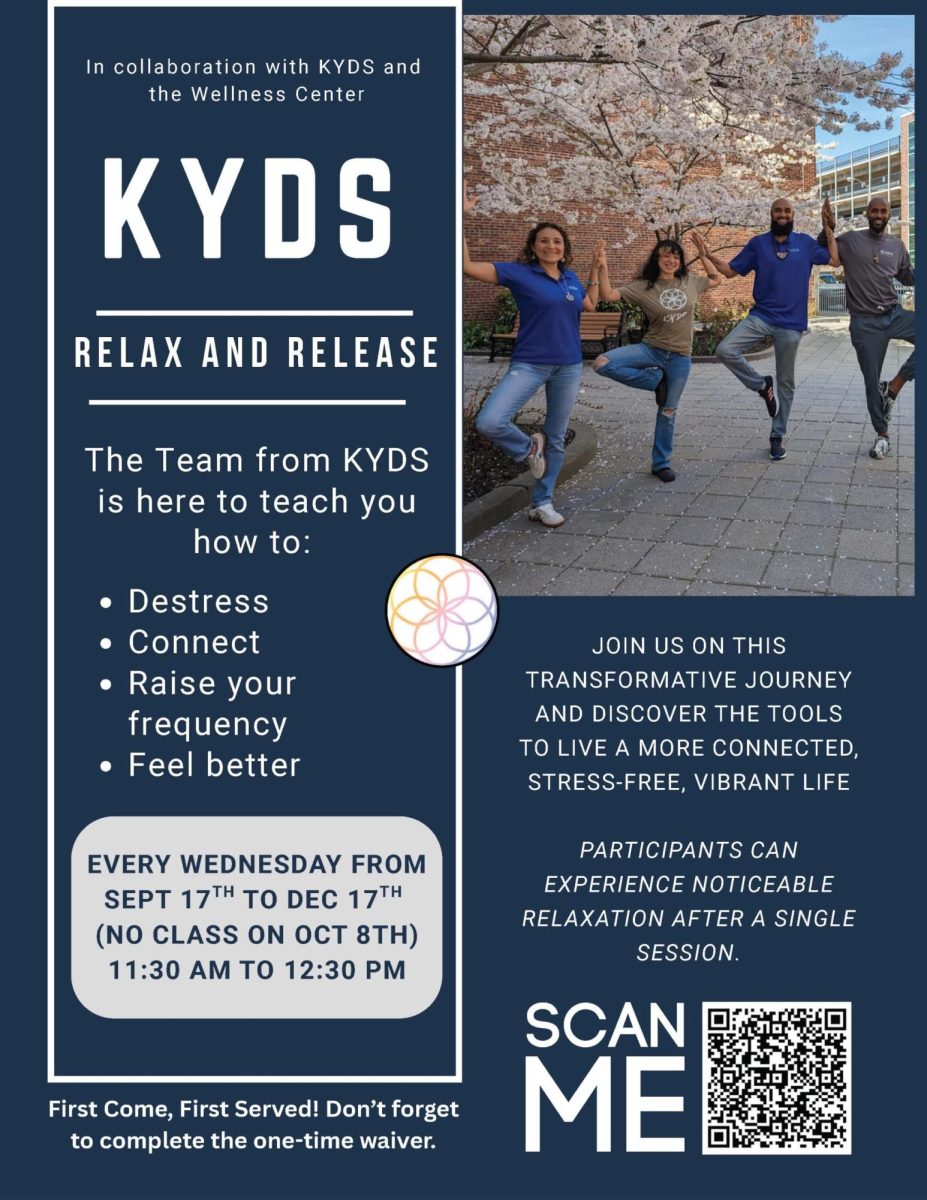Despite the rising awareness of mental health across various fields, the stigma surrounding mental health in sports remains more prevalent than ever in 2025. Athletes, particularly those in college, are often expected to push through pain, exhaustion, and personal challenges.
The “tough it out” mentality, ingrained in sports culture, can undermine efforts to address emotional and psychological distress. For athletes, the mind needs just as much care and attention as the body.
For many athletes, confidence and belief in their own abilities remains the most important ability they can have. Even with thousands of new concepts and data on the most effective ways of training and preparation when it comes to weight lifting, aerodynamics, plyometrics, dieting, etcetera; all of these pale in comparison to an athlete’s most effective tool: their mind.
The impact of these challenges is not just psychological; it can also undermine physical performance. Confidence has a direct impact on athletic performance. When an athlete believes in their ability to succeed, they are more likely to take risks, push their limits, and execute their skills at a high level.
Confidence helps athletes trust their training, their instincts and their decision-making abilities, allowing them to perform at their best even under pressure. It reduces hesitation, making them more decisive and reactive in high-stakes situations.
In collegiate athletes, stress is often amplified. Sixty percent of all student athletes competing in the NCAA have reported experiencing some form of stress and anxiety during the season. Of that 60 percent, 31 percent of athletes experience depression and/or burnout.
The NCHA’s 2021 study reported that female athletes are experiencing stress and anxiety symptoms at a 48 percent, while male athletes at around 31 percent, with these numbers increasing every year since 2018 and are likely to be higher now in 2025.
Additionally, athletes often struggle to find their identity outside of athletics, which is dangerous because it allows the athlete to gauge their self-worth based on their performance or playing time. For most student athletes, their sport consumes almost all of their time, and when they aren’t on the field, they are most likely catching up on schoolwork.
Brookdale Community College Athletic Trainer Dylan Harrington said that he sees athletes regularly doing their schoolwork on the AT room’s stretching tables while receiving treatment. Harrington also mentioned how students will often come into his office and talk about school and the stress they are feeling on and off the field or court.
“I think it is because they are around me during the season, so often and while they are in here they are still connected to their sports world. So, it’s a safe place where they feel they can sort of, vent any problems about school, work, performance, anything it may be.”
Another major factor of student-athlete mental health, in addition to their confidence, is injuries. These two factors go hand in hand.
Sports are often a game of highs and lows. Confidence is critical in helping athletes bounce back from setbacks, such as a missed shot, an injury or a lost game. Without confidence, an athlete may spiral into self-doubt and struggle to recover mentally. Confidence fuels resilience, allowing athletes to refocus and continue working toward their goals despite challenges. It empowers them to believe that failures are just stepping stones to improvement.
Injuries can have a profound impact on an athlete’s mental health, often affecting their emotional, psychological and social well-being in addition to their physical health. For many athletes, their sport is not just a career or passion, but a central part of their identity. When injuries sideline them, they not only face physical pain but also a host of mental and emotional challenges. In addition, many college athletes must maintain their grades whether to keep a scholarship or to remain eligible to be a student athlete.
James Cosgrove, a junior double majoring in business and finance at McDaniel College in Maryland, is the closer for the McDaniel Green Terriers Baseball team, competing at the Division III level. “On the field, I have to worry about maintaining my arm, and be available every day to pitch whether it be in practice or games.”
Despite being the closer, Cosgrove was third on the team in innings pitched last year, often seeing many extended outings of two or three innings at the end of games.
“Pitching in close games puts stress on you. Your team is depending on you to finish it out, but I like the challenge. They also might say, ‘hey we might need you in the 6th inning here to face a certain batter,’ so you have to now quickly get ready for that moment.” In addition to his on the field stress, Cosgrove stated even in the semesters he is in season, he might be taking five or six classes required for his major.
“It’s definitely a lot, especially when I have to worry about keeping my arm healthy. Sometimes I’ll have an ice or heat pack on while in the dining hall, doing homework after a practice, and before I have another class.”
Addressing mental health within the context of college athletics is not just about individual care but also creating a supportive environment. Schools, coaches and athletic departments need to take proactive measures to promote mental wellness. Training coaches and athletic staff to recognize signs of mental distress and creating open channels of communication for athletes are essential first steps. It is critical to establish resources in schools such as counseling services and peer support systems to ensure athletes have access to the help they need when they need it. More universities are now integrating mental health screenings into routine medical evaluations, which is a great way for coaches and trainers to know where each athlete is at mentally.
In conclusion, the mental health of college student athletes is a critical issue that affects their performance, their academic achievements and their overall quality of life. While the demands on college athletes will always be high, it’s imperative that we shift our focus to the whole person, recognizing that mental health plays an essential role in their success.
By fostering a culture of support, reducing stigma and providing the necessary resources, we can help ensure that athletes not only excel in their sports but also thrive as individuals. The mental health of student athletes deserves the same attention and care as their physical health, and it’s crucial that this stays as a top priority and remains prominent in mainstream sports culture.
Categories:
College Athletes Need Support On And Off The Field
It’s Time To Move Away From The ‘Tough It Out’ Mentality
Samuel Pearlberg, Staff Writer
January 22, 2025
0
More to Discover


























